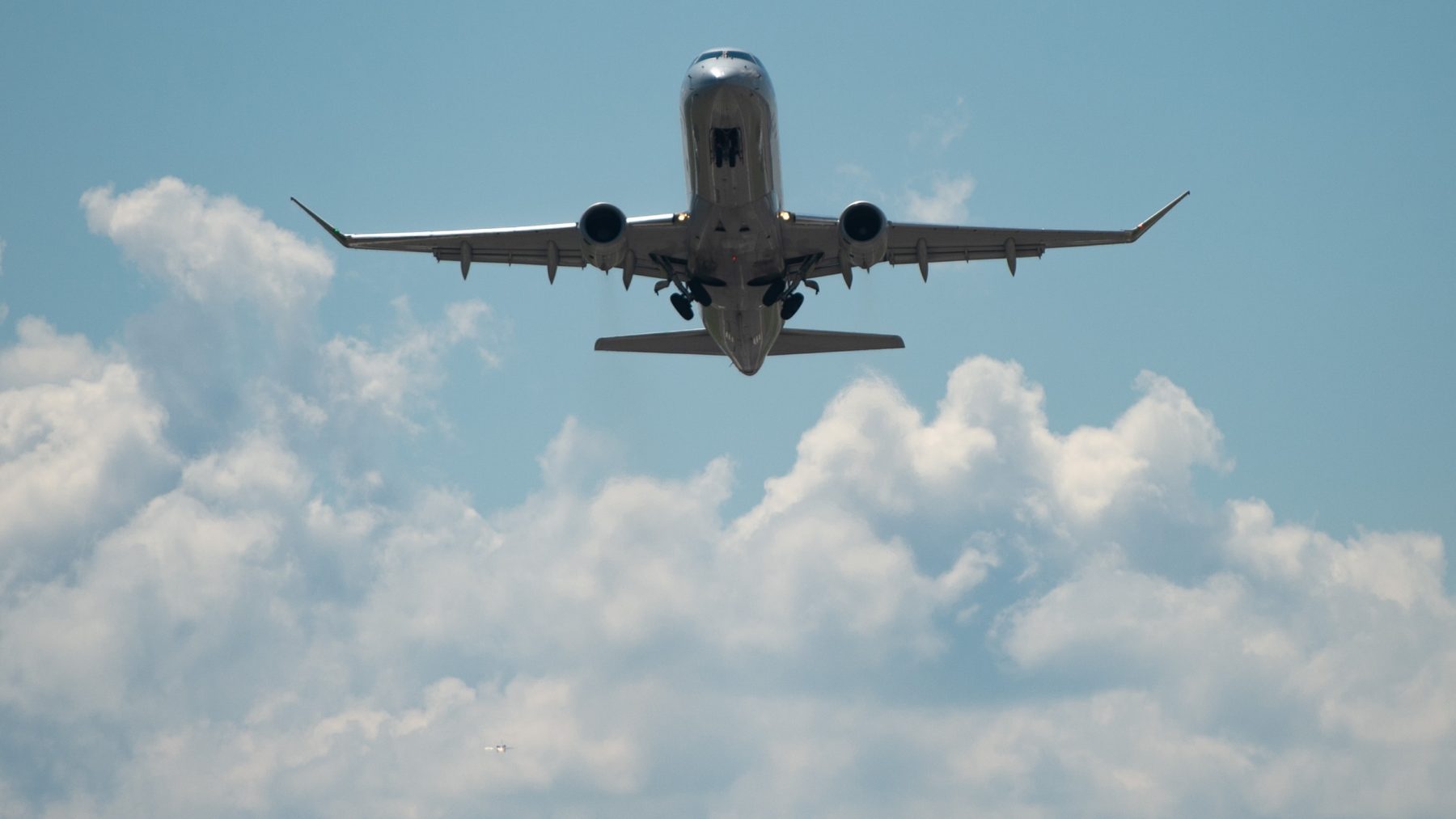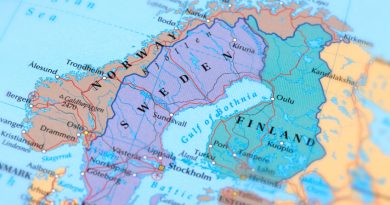Rise in overseas flights harms climate more than driving, report shows

International airline traffic from Finland produced a record-breaking five percent more carbon dioxide emissions in 2016 than road traffic, a study from airport operator Finavia indicates.
The figures show that the overall detrimental effects of airplanes on global warming far outstrip those of driving in terms of overall climate impact.
The report notes that in 2016 Finland’s domestic fossil fuel industry produced some 40 million tonnes of CO2; domestic traffic overall produced some 12 million tonnes of CO2; and domestic airplane flights accounted for some 0.2 million tonnes of CO2.
Finland’s annual flight emissions are at about 4 million tonnes of CO2, compared with the 6.5 million tonnes produced by automobile traffic.
However, flights within Finland’s borders only accounted for about five percent of all Finnish air travel, meaning that national climate data includes only a fraction of the emissions figures.
Air traffic also affects the climate in multiple different ways.
“The consensus in aviation is that the actual climate effects of airplane flights are twice as severe [as those of car traffic],” said Finavia’s vice president of sustainability Mikko Viinikainen.
Researcher Johanna Niemistö from the Finnish Environment Institute (SYKE) noted that this is just the baseline.
“In some studies we can talk about a factor of two or even five times the effects in air travel [compared to driving]. Two is the current understanding,” she said.
“Technology can’t keep up”
Statistics Finland reports that well over half of the 6.5 million international trips from Finland each year are made by air. Other statistics show that the CO2 emissions produced by Finnish overseas flights have doubled in 20 years.
According to the Finavia report, the efficiency of aviation fuel has improved by some 70 percent in the past four decades. But that is not enough.
“The air traffic industry has managed to curb emissions, but technology can’t keep up with the sheer growing number of international flights,” Niemistö said.
Adding international flights to Finland’s domestic aviation emissions would raise the climate footprint of every traveler from Finland by some 10 percent, SYKE’s Niemistö said.
Burning fuel in the atmosphere produces nitrogen oxide and steam, which warm the climate. Additionally, flying causes condensation trails in the sky which may form clouds, which may adversely affect the Earth’s energy equilibrium.
“These topics have been under investigation for a long time, but it’s hard to confirm a single figure due to changing weather conditions,” Niemistö said. “We need more information to say anything for certain.”
Related stories from around the North:
Canada: Indigenous Cultural Tourism: How the North is learning from community success in southern Canada, Eye on the Arctic
Finland: New terminal to help airport in Arctic Finland face tourism boom, Yle News
Iceland: Arctic tourism in the age of Instagram, Eye on the Arctic special report
Norway: When a town in Arctic Norway transforms into “the world’s northernmost Chinatown”, Cryopolitics Blog
Russia: Arctic flights save time, but fuel climate change, Cryopolitics Blog
Sweden: Growing number of Swedes choose train travel over flying to reduce pollution, Radio Sweden
United States: Blog – When the ice melts, what will happen to Arctic tourism?, Cryopolitics blog



